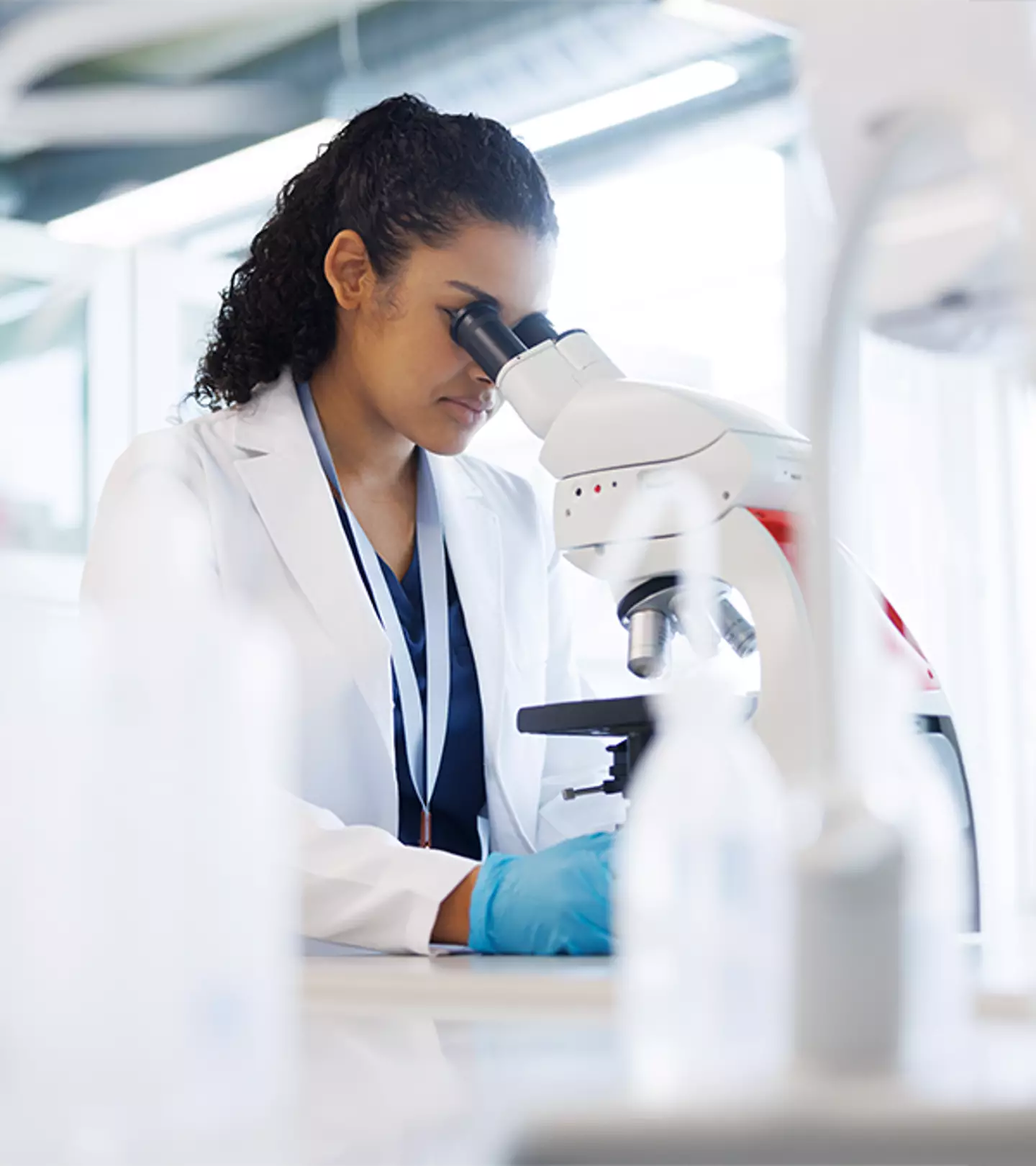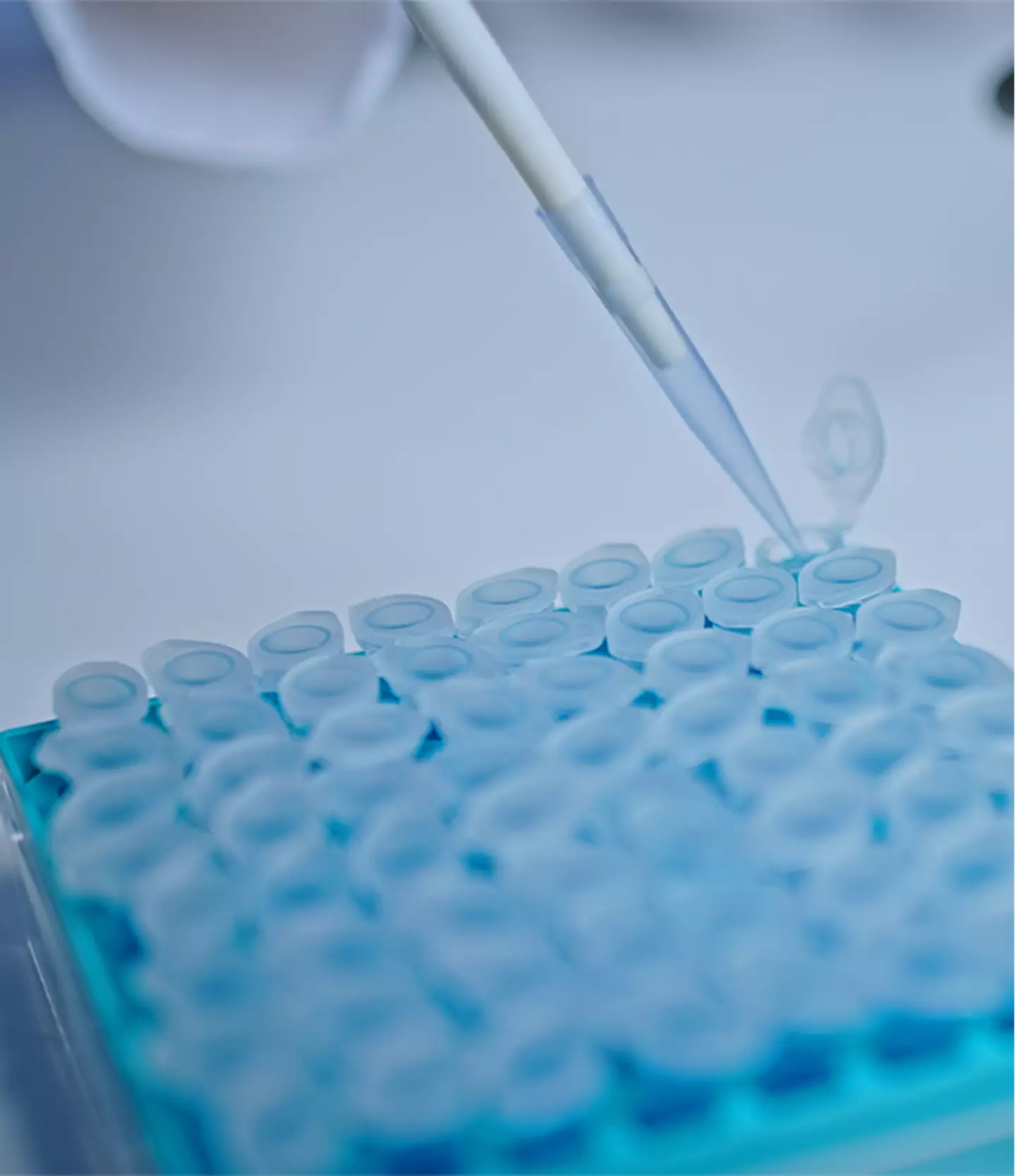
The world's about to look a lot more exciting in terms of lab-grown items.
Some companies are focusing efforts on lab-grown eel whilst other researchers are growing reproductive organs.
The research team from Israel’s Bar-Ilan University has successfully grown 'laboratory testicles' with the aim to ease male infertility - a condition that affects 10 to 15% of American men.
The life-like cultured cojones were created from immature testicular cells from newborn mice which developed into more complex structures.
Advert

Study author Dr Nitzan Gonen explained: 'Fertility clinics are able to identify some of the problems that cause male infertility — a low sperm count or an abnormal structure — but we don’t understand fully what causes this, which genome mutations led to the condition, or what went wrong in the testicle’s functioning, as a result of which the tubes do not carry the sperm well.
'Now it will be possible to study these subjects within the system of the model we have produced.'
The lab-grown organoids showed 'signs of entry into meiosis' which means that the testicles were undergoing cell division to produce gametes.
The study findings were recently published in the International Journal of Biological Sciences.
Spermatogenesis in living mice only takes about 35 days across its nine-week lifespan. The researchers theorise that it's 'perfectly possible' for the organoids to complete the cycle and produce sperm for reproduction.
According to Gonen: 'Artificial testicles are a promising model for basic research on testicle development and function, which can be translated into therapeutic applications for disorders of sexual development and infertility.'

'In this study, we developed testicular organoids from mice, but it is highly possible that similar settings could be applied to generate testicular organoids from pre-pubertal boys,' the researchers wrote.
If such organoids can be produced from human cells, and can mimic the function of testis, then they may pave a way to new treatments for male infertility. The researchers hope the technology can be used in future research to aid fertility issues in both humans and the livestock industry.
'If these organoids are able to fully mimic the functionality of adult testis, we would expect them to be able to produce haploid sperm in vitro. This ability could be revolutionary and enable infertile patients to have a biological child,' the study authors concluded.